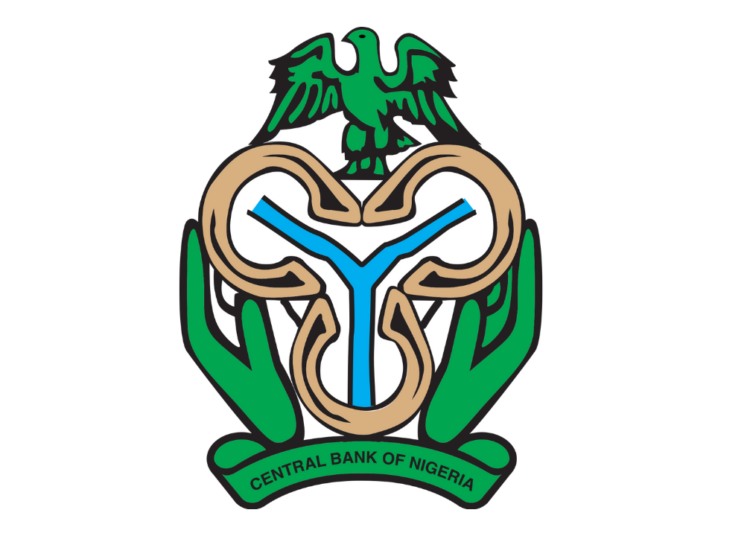International rating agency, Moody’s Ratings has revealed that deposit money banks in Nigeria are holding unknown quantities of legacy exposures after the Central Bank of Nigeria’s (CBN) forbearance that was granted during COVID-19.
The rating agency in a report just released while noting that some international banks may struggle to meet the March 2026 recapitalization deadline, said the recapitalisation of the banks will support, but also noted that concerns over Nigerian lenders’ loan quality persists.
“The recapitalisation will enable the banks to better absorb loan losses and increase their lending. They will also be in a better position to implement Basel III international banking regulations”, Moody’s said in the report.
It added that the plan is overall credit positive for the banking system but it will not fully allay concerns regarding the quality of banks’ loan portfolios. In the note, Moody’s said the top five banks in the sector, which together control over 80 per cent of sector assets, will likely raise the extra capital they require by early next year.
“But the next tier of banks, some of which also have international operating licences – may struggle to meet the March 2026 deadline”, it added, noting that this will likely spur some sector consolidation.
With the recapitalisation, the banks will increase their capacity to absorb nonperforming loans (NPLs), which stood at around 3.9 per cent at the sector level in June. But they still hold unknown quantities of legacy exposures on their balance sheets that were granted regulatory forbearance during the COVID-19 pandemic, Moody’s said in the update.
While the Central Bank of Nigeria (CBN) has spoken about ending this forbearance, there has been little clarity as to when this will occur, the global ratings agency said.
Moody’s said industry-wide nonperforming loans (NPLs) stood at 3.9 per cent in June 2024, down from 4.8 per cent in April 2024 and well below the five per cent maximum threshold that the central bank has set as industry standard.
“It is likely, however, that reporting of legacy nonperforming loans is weak, given the forbearance granted to banks and other potentially problematic exposures that were successfully restructured but may not have been classified as nonperforming under the previous CBN leadership.”.
Moody’s said over the last 18 months, Nigerian banks have been buffeted by local currency devaluation, rising inflation, and other macroeconomic headwinds. The falling currency caused material capital depletion at the banks. Moody’s said this is because the inflation of foreign currency-denominated risk-weighted assets (RWAs) lifted the denominator of the capital adequacy ratio.
It has left some rated banks, FCMB and Fidelity in particular, close to a breach of the 15 per cent minimum capital adequacy ratio, generating concern over their solvency.





